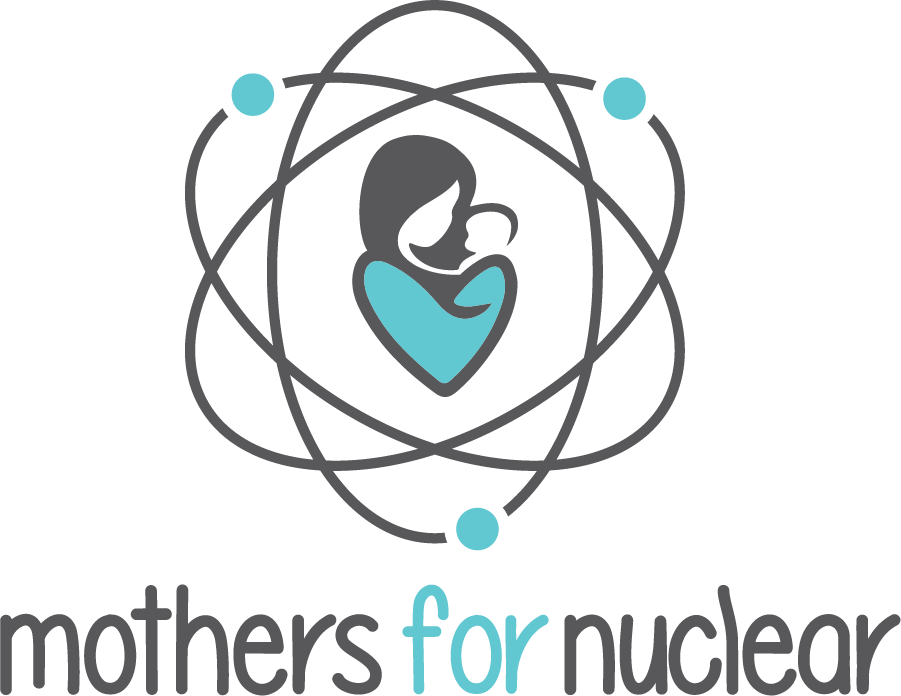MfN Selected for Consent-Based Siting DOE Award
On June 9, 2023, the Department of Energy announced a total of $26 million in funding awards for 12 groups of university, nonprofit, and private-sector partners that will work on a community-centered approach to storing used nuclear fuel, a process known as consent-based siting, or collaboration-based siting (CBS).
When we were first approached about this project in November 2022, we needed to evaluate how our mission would support working on the issue of waste storage.
When we launched MfN on Earth Day in 2016, we became one of the first pronuclear organizations in the United States that effectively humanizes nuclear technology by communicating with empathy through listening and personal storytelling. When engaging with others, we start by addressing emotions and connecting through stories, but also offer technical knowledge based on our experiences working at Diablo Canyon, as engineers and operators.
Through our work, we often respond to questions about nuclear waste by saying “It’s fine where it is now” and “it’s the best kind of waste!” But that’s not the whole story, and it is clear more work needs to be done. So we agreed to help.
Now is the time to talk about the cost savings and community benefits that could come from a different type of solution - one that a community would whole-heartedly support and would overcome many of the political and societal challenges surrounding used fuel, perception only, or not. Our input would offer a unique and important perspective to this new effort for community-based siting of waste.
Alyssa at San Onofre
We have a chance to create a new narrative around the responsibility for the whole nuclear cycle, including waste, which we might alternatively call “slightly-used fuel”. We have a chance to help our government and industry create effective messaging about this issue in an empathetic and forward-looking way that supports nuclear technology generally as our best hope in combating some of the largest issues of our time - climate change, air pollution, and energy poverty. We can help form a definite answer to the question that we all get so often - But What About The Waste!?
Paris at Palo Verde
So- what about the waste? THIS is what. We know what to do, and there are solutions. Yucca Mountain was a solution. We just didn’t know how to talk about it AND how to include everyone who matters in the discussion. Finland, Sweden, Canada, and Japan are years ahead of us in areas of both storage and reprocessing. The technology is there, we just need social context and buy-in. In this effort, we are partnering with an Indigenous-run organization to responsibly include tribal nations in these community-based solutions. We are at Stage 1.
You can follow our progress on the project on our Policy page.









